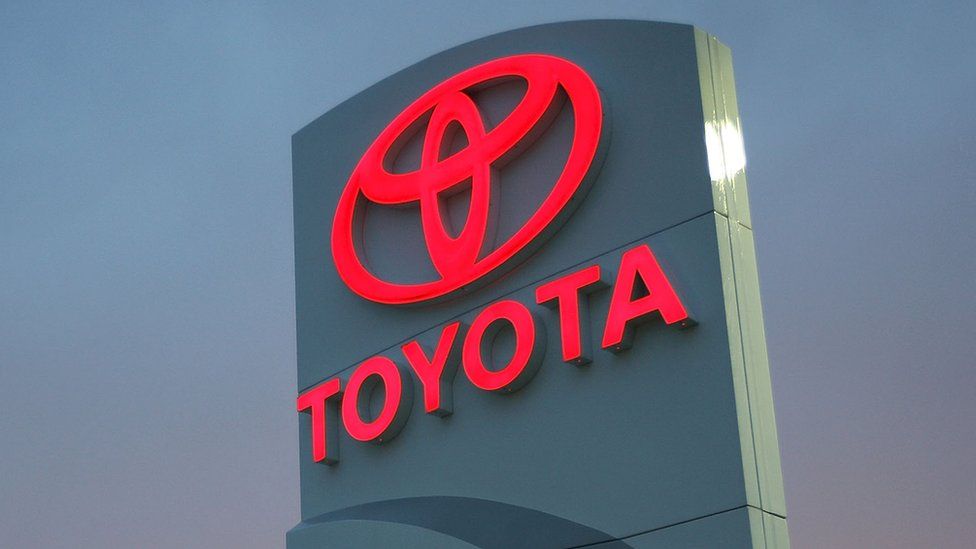-

-
-
Loading

Loading

Toyota has issued an urgent warning to owners of 50,000 older vehicles in the US, urging them to get immediate repairs due to potential safety risks associated with air bag inflators made by Takata. The carmaker's advisory, known as a "Do Not Drive" advisory, applies to models manufactured between 2003 and 2005. Toyota has stated that if the airbag deploys, there is a higher likelihood of an explosion and the release of sharp metal fragments. The affected vehicles include the 2003-2004 model Corolla, 2003-2004 Corolla Matrix, and 2004-2005 RAV4. Takata's air bag inflators have been at the center of serious safety concerns, leading to the largest motor industry safety recall ever recorded. Over 30 deaths have been linked to these faulty inflators since 2009, prompting the recall of more than 100 million products from various carmakers. In 2017, Takata filed for bankruptcy and its assets were later acquired by Key Safety Systems, a Chinese-owned company, for approximately $1.6 billion. In addition to the Takata-related warning, Toyota has encountered other issues in recent months. The company temporarily halted shipments of certain vehicles due to irregularities in certification tests for diesel engines developed by Toyota Industries. An investigation revealed that employees at Toyota Industries had manipulated horsepower output tests. The affected engines are used in 10 globally sold models, including the Hiace van and Land Cruiser sport utility vehicle. Toyota is also addressing a case of misconduct involving its subsidiary, Daihatsu, which admitted to falsifying safety tests dating back more than 30 years. Daihatsu's headquarters were raided by Japan's transport ministry last year, resulting in the suspension of global shipments for its vehicles. The government has since revoked certification for three Daihatsu models. President Koji Sato acknowledged the pressure that employees felt to cut corners in the competitive industry and admitted that both workers and management lacked a proper understanding of certification processes. Overall, Toyota's recent challenges highlight the crucial importance of safety regulations and proper quality control in the automotive industry.